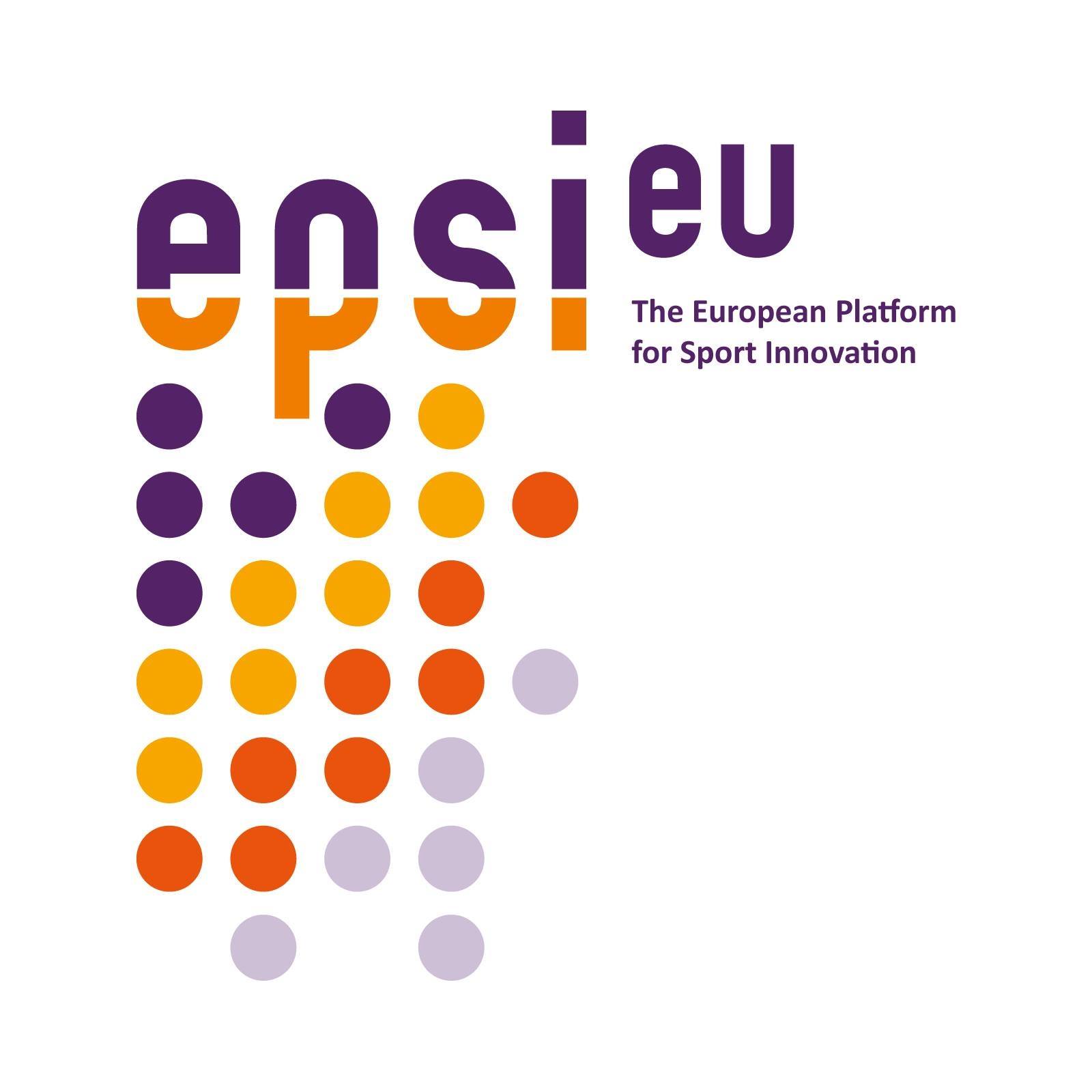INDESCAT strategic plan has been update to reflect the current situation we are facing with the COVID crisis and includes some issues that were relevant before but not as essential as nowadays.

With the main objective to face future challenges within the Catalan sports sector, INDESCAT started the process of updating its strategic plan in 2019. In order to engage as many Catalan sports companies and organizations in this process, INDESCAT organized a Strategic Reflection Sessions that brought together around 50 representatives of the sports industry, which were aimed to analyse the future of the sports industry and identify future global needs.
To narrow down the focus and tackle the three different cross-cutting value chains that are part of the sports industry in Catalonia (sports events, sports facilities and consumer goods and services), three different workshops were organized before. After this internal participatory process, INDESCAT presented its Strategic Plan and the themed priorities to work on in the coming four years in May 2019.
The EU project SmartsSports4GoodLife that INDESCAT coordinates from 2020 has allowed us to define an early update of our strategy, which has been very convenient due to the impact of the COVID-19 on the companies and the adjustment on methodologies to the new reality. In this sense, this update of strategy was based on direct information obtained from questionnaires made to project members companies after the COVID crisis, with relevant information about the needs and the COVID-19 impact and its affectation on SMEs.

Apart from these questionnaires, INDESCAT has carried out a specific study on this impact that has provided us relevant conclusions. In this sense, all the sports ecosystem has been deeply impacted by the Coronavirus lockdown, from governing bodies to competition organisers, clubs, owners, investors, athletes, broadcasters, sponsors or suppliers. The impact on the workforce is really high due to the impossibility to do remote work, as per the nature of the industry comprising segments such as sports events and sports facilities or gyms. This health crisis has deeply affected the industry and the way most of the players manage their daily basis. Up to now, recovery is still far from being possible.
Considering these negative impacts, we have included in our strategy tailored-made services adapted to the new reality. In this way, some of the topics in which we are working and concentrating our efforts are as follows:
- Digitalisation transformation and new technologies: learning about social platforms and how deliver and monetise services.
- Communication: learning how to communicate in crisis times, so to improve the push communication towards members and clients.
- Gamification and how to game-design elements and game principles in non-game contexts.
- Networking: finding new tools and technologies to promote companies’ interactions.
- Stimulating innovation programs and strategies and how to implement them.
- Searching for new markets to segment sales and looking for new business opportunities.
In conclusion, the update of the INDESCAT strategic plan is aimed to reflect the current situation we are facing with the COVID crisis and includes some issues that were relevant before but not as essential as nowadays, as online networking, pre-mortem innovation strategies or communication in crisis time. Moreover, a SWOT analysis for all the SmartSports4Goodlife project partners has been considered in order to define the range of cluster services. It is an open process, since strategy should be continuously reviewed due to the cluster’s evolution and constantly adaptation to reality.
Last but not least, the SmartSports4GoodLife project will provide us with a unique opportunity to improve our capabilities as cluster. In this context, a definition of a common partnership strategy for the next 5 years will be carried out in the coming months and a programme of services activities will be defined. This programme will address the main sectoral trends, specially digitalisation, sustainability and provision of low carbon solutions, as well as the training and knowledge needs from SMEs and clusters members related to the sector trends and challenges. All of them will be defined considering our members needs and to be resilient to present and future adversities.
